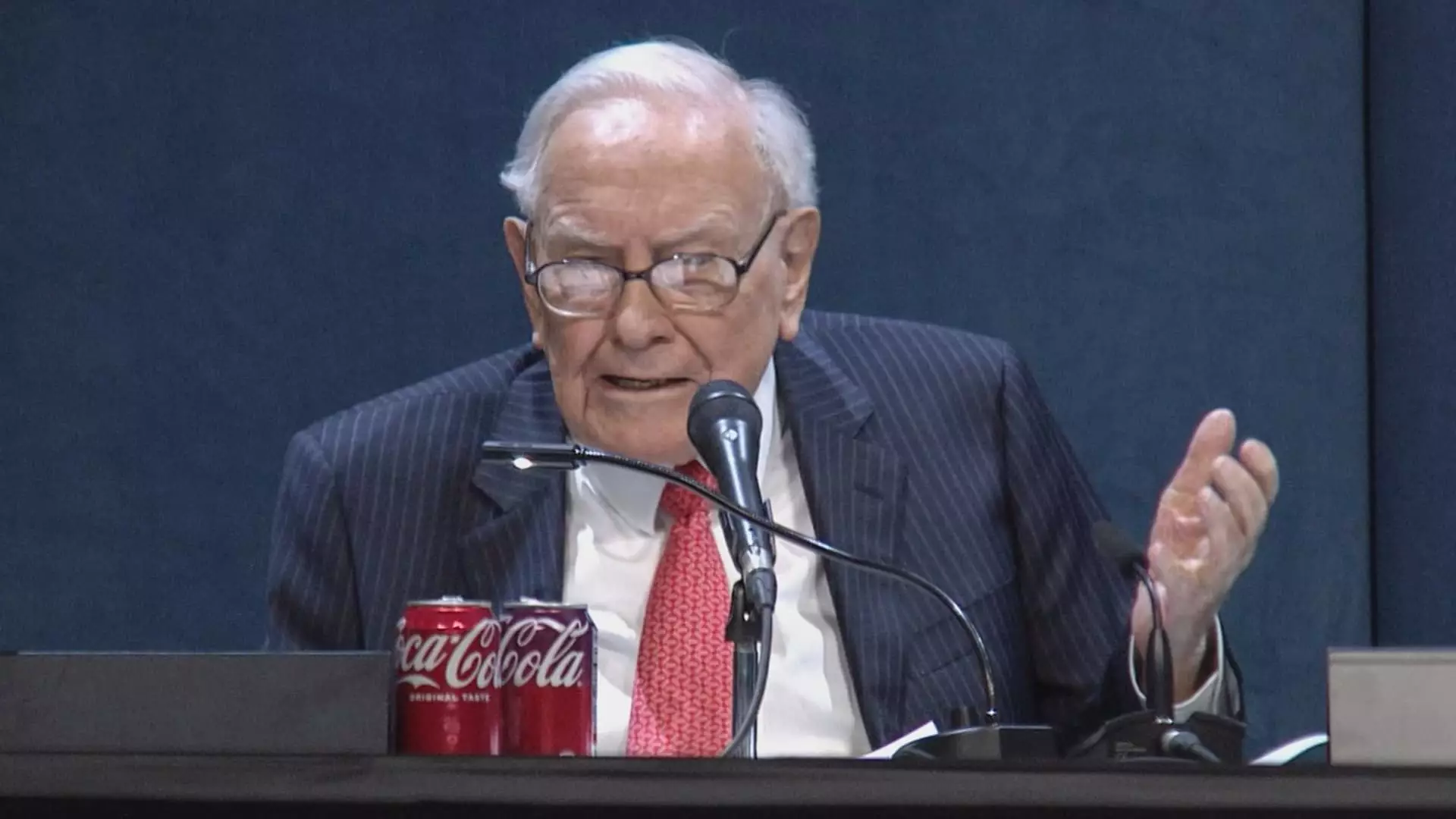Berkshire Hathaway’s recent financial report signals more than just a minor dip in earnings; it hints at underlying vulnerabilities that could threaten its longstanding reputation of stability. Although the conglomerate’s core businesses—railroads, manufacturing, and energy—showed resilience, a troubling decline in insurance underwriting profits exposes a fragile foundation. This divergence underscores that even giants are susceptible to the turbulent winds of economic change. For investors, this should serve as a sobering reminder: no matter how diversified or formidable a company appears, unseen cracks can threaten the entire edifice.
Failed Confidence in Strategic Governance
The decision to cease stock repurchases amidst a nearly 12% decline from its peak reveals a wavering confidence in Berkshire’s own valuation. This pause, coupled with a significant reduction in holdings—most notably in Kraft Heinz—raises questions about Buffett’s future strategy and the company’s growth prospects. The massive write-down of Kraft Heinz’s value exemplifies the perils of overestimating assets and the risks of stagnation in a rapidly changing market. Yet, Buffett’s reputation often shields the company from widespread criticism; however, this episode exposes the danger of complacency and overreliance on past successes. The absence of buybacks, traditionally a tool for signaling confidence, showcases a cautious stance that may be rooted in mounting uncertainty.
Transition and Legacy: A Fresh Challenge
Buffett’s announcement that Greg Abel will succeed him as CEO signals a pivotal transition. While a change at such a scale might be seen as an opportunity for renewal, it also stirs anxieties about continuity and strategic direction. The legendary investor’s age and recent setbacks compel us to question whether Berkshire can sustain its trajectory without Buffett’s hands at the wheel. It appears that even in its might, the conglomerate faces the challenge of adapting to a more volatile and competitive landscape, where old strategies may no longer suffice.
A Fortress or a Fairground at Risk?
Berkshire’s enormous cash reserves, which hover near record levels, are often portrayed as a cushion or a source of strength. However, in a climate of rising interest rates and economic instability, holding onto such vast liquidity might become a liability rather than an advantage. The conglomerate’s recent pattern of net selling indicates prudence, but it also suggests a cautious stance in an environment that favors bold action and innovation. The prospect of large acquisitions remains uncertain, and the lack of immediate strategic moves leaves investors questioning whether Berkshire’s fortress is more a temporary refuge than an invincible edifice.
Berkshire Hathaway’s latest results offer a stark warning: even the most venerable institutions are vulnerable to shifts in the economic landscape and internal misjudgments. It highlights the importance for shareholders to adopt a more skeptical and vigilant stance, recognizing that complacency in the face of success can swiftly turn into peril. The next chapter for Berkshire is likely to be defined by its ability to innovate, adapt, and perhaps most critically, reassess its assumptions about what constitutes sustainable growth.

